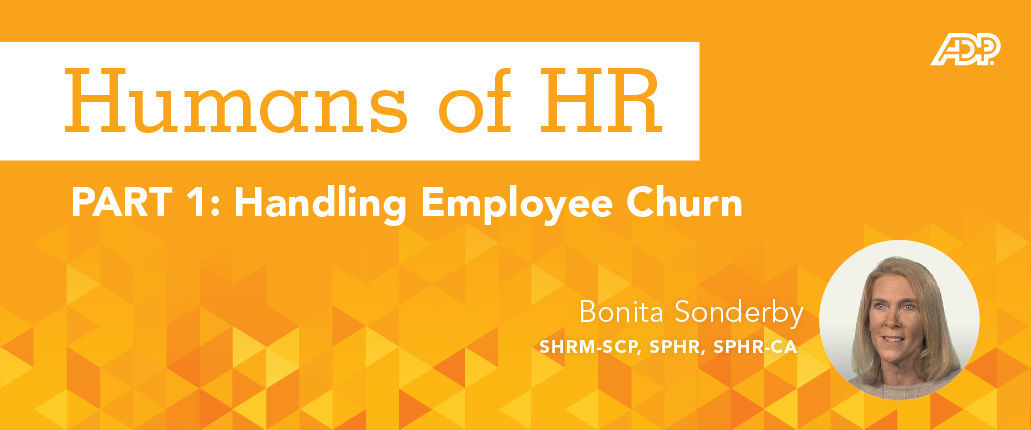Humans of HR: Handling Employee Churn

Most people know by now that Denver is a city that's booming. Forbes reports the capital of Colorado was one of the fastest growing cities of 2016. This makes marketing for the city one exciting and fun task.
Visit Denver — the marketing arm for the city and county of Denver — has 72 employees and four locations, including Denver International Airport (the largest American airport, according to ABC News), Denver Union Station (the city's railway and transportation hub) and the Colorado Convention Center in downtown.
Here, we discuss employee churn and what it's like working in the midst of a booming economy with Visit Denver's HR Director, Bonita Sonderby, in part one of our three-part interview.
How Have You Seen the Good Economy Affect Turnover?
The effect has been filling positions that have become vacant due to internal promotions or retirements. One of the things that's a definite result of the better economy is our ability to attract more qualified candidates. We have a lot of interest in our organization and there are individuals who are highly qualified for multiple positions who are relocating because of the good economy. We're seeing many candidates who have multiple skill sets, are well-defined and have a lot to bring to the table. When we're looking for somebody, I believe the better economy increased our pool of quality candidates.
How Do You Track That?
I use a talent management system, and this is our third year utilizing that as our recruiting and retention tracking tool. I like it because individuals are applying for multiple positions and I have the ability to go back and review where they've applied. I can make comparisons between how they answered internal questions on prior applications versus how they're answering them on current postings. That's been an important tool for us and we've been utilizing it heavily.
What Advice Do You Have for HR Leaders Dealing With Employee Churn?
It's incumbent on us as HR leaders to become involved with staff and try to develop relationships. You can forecast openings in the next few months or year, and either work to enhance those positions or help those employees determine they want to stay.
From a salary standpoint, we're below the private sector. We supplement that piece with incentive programs so folks can enhance their wages based on what they're doing to meet their goals. We also have robust benefit packages that include a commuter subsidy and very minimal premium participation for health benefits. We really hang our hat on the external piece, not the salary portion of the compensation for the position.
We have to be aware and be willing to use new ways to keep folks engaged in their roles and help enhance the compensation and benefits package we have. Sometimes, it's as simple as offering up a flex-type program where they can work from home one day a week or offering the ability to have a four-and-a-half day workweek. It's those little things that are instrumental.
Stay up-to-date on the latest workforce trends and insights for HR leaders: subscribe to our monthly e-newsletter.



